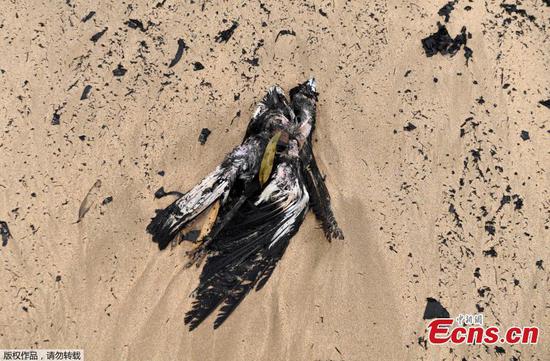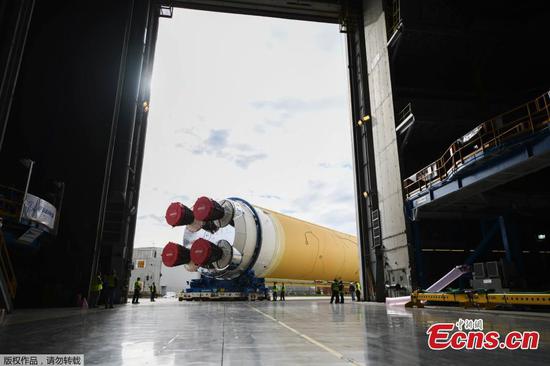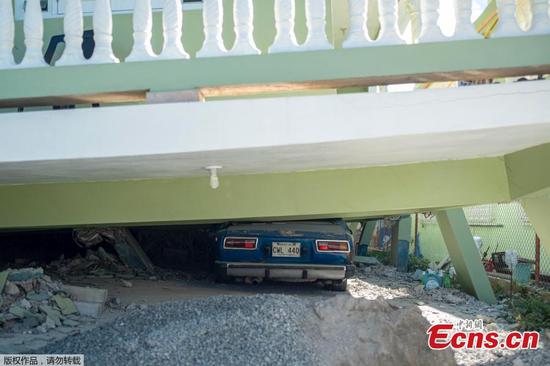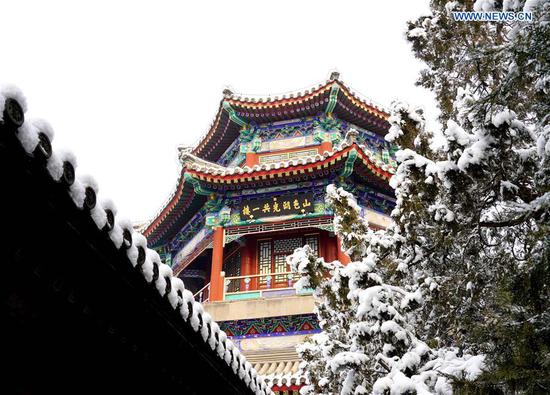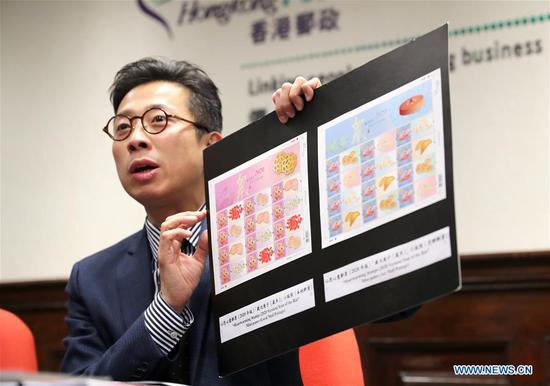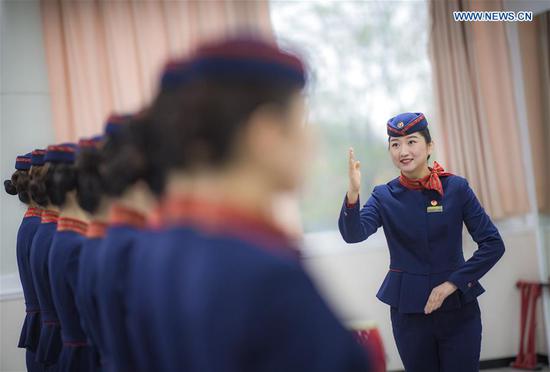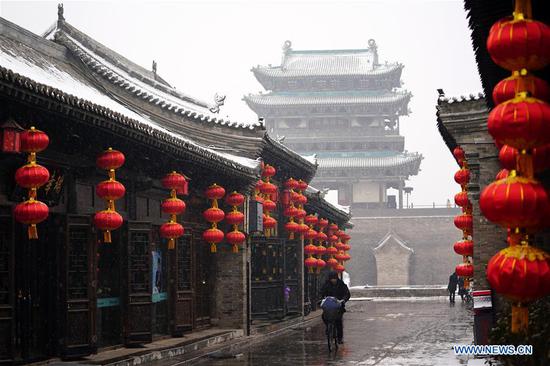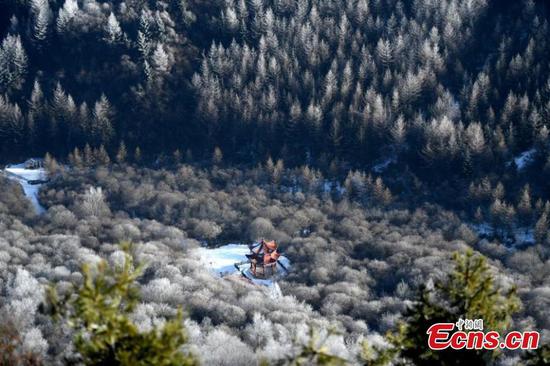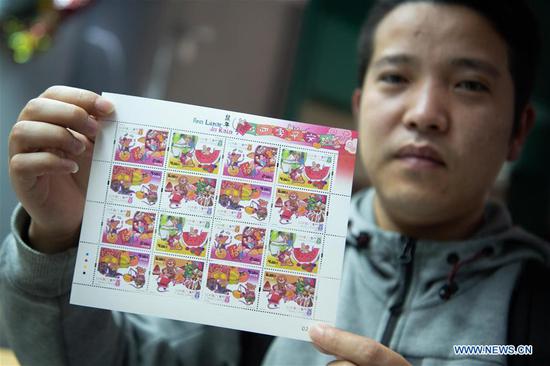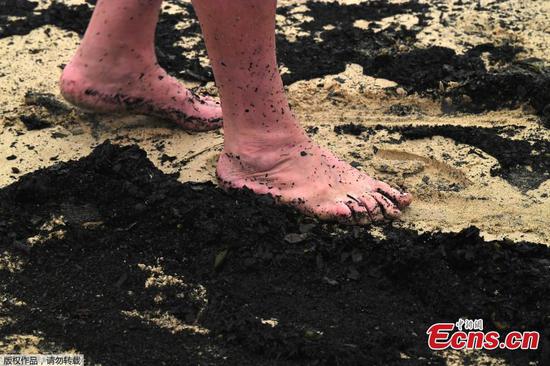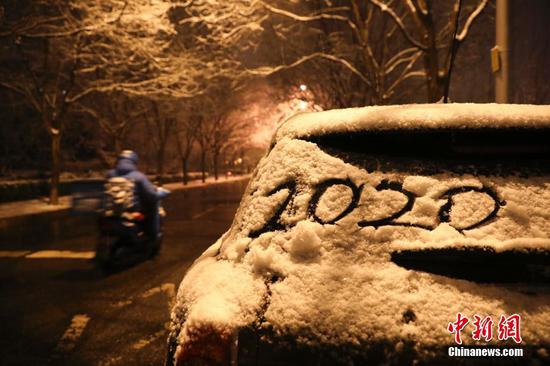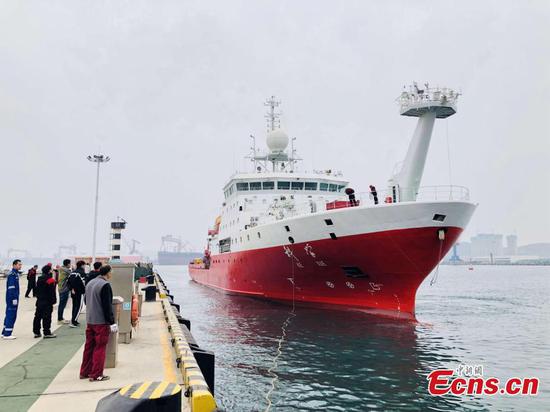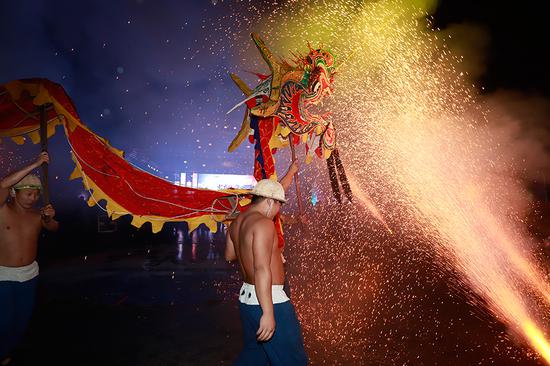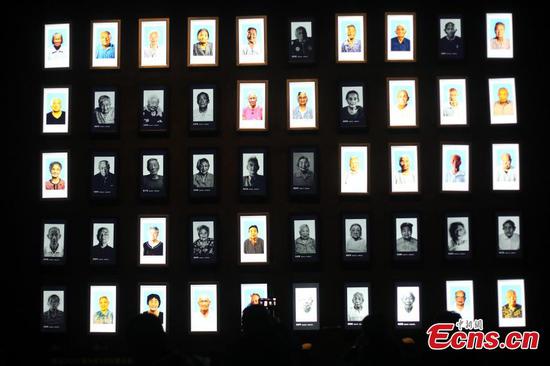
Zhang Jun says U.S. 'unilateral adventurist acts' have violated international norms
China's top envoy to the United Nations said the country is committed to playing a constructive role in maintaining peace and stability in the Middle East and the Gulf region.
Concerning the escalation of tensions between the United States and Iran and the situation in the Middle East and the Gulf region, Ambassador Zhang Jun, China's permanent representative to the United Nations, said at UN headquarters in New York on Monday that "China follows the situation very closely, and the pressing task at the moment is to prevent the situation from further escalating and running out of control."
Zhang said that as a permanent member of the Security Council, China is carrying out active diplomatic efforts.
"State Councilor and Foreign Minister Wang Yi has had telephone conversations with the Russian, French and Iranian foreign ministers in firm commitment to regional peace and stability," he said.
The UN Secretary-General Antonio Guterres called on world leaders to de-escalate geopolitical tensions, which he described as being "at their highest level this century" as the new decade dawns, according to the UN News website.
"The New Year has begun with our world in turmoil. We are living in dangerous times", said the UN chief at the noon "press stakeout", noting that turbulence is only escalating.
On Sunday, the Iraqi parliament passed a non-binding resolution calling for U.S. troops to leave the country, in a clear response to the killing of the Iranian Major General Qassem Soleimani on their soil.
In response, U.S. President Donald Trump has threatened Iraq with sanctions if the U.S. is forced to withdraw its forces. He also mentioned on Twitter that sites of "cultural" significance in Iran were potential targets if there were reprisal attacks against Americans.
Guterres stated that a "cauldron of tensions is leading more and more countries to take unpredicted decisions with unpredictable consequences and a profound risk of miscalculation".
Zhang stated that China opposes the arbitrary use of force in international relations.
"The U.S. unilateral adventurist acts have violated basic norms governing international relations and led to aggravation of tensions," he said.
"We urge the U.S. side not to abuse force and call on relevant parties to exercise restraint and seek solution through dialogue," he said, adding that the sovereignty, independence, unity and territorial integrity of Iraq should be respected at the same time.
As the Security Council shoulders the primary responsibility of maintaining international peace and security, Zhang called for the international community, including the Security Council, to make effors to de-escalate tensions.
According to Zhang, China has noticed that the permanent representative of Iran has presented a letter to the president of the Security Council, asking the council to pay close attention to U.S. actions and to uphold council responsibilities.
"China is ready to keep close communication with relevant parties, uphold just and objective positions, stand for international law, fairness and justice, and maintain peace and stability in the Gulf region and the Middle East," Zhang said.
Earlier on Monday, the United States accused China and Russia of blocking a UN Security Council statement "underscoring the inviolability of diplomatic and consular premises" after a Dec 31 attack on the U.S. embassy in Baghdad, according to Reuters.
Such statements by the 15-member Security Council have to be agreed to by consensus.
Zhang responded that "China does not accept the U.S. accusation.
"China firmly supports protection of the safety of foreign missions in accordance with international law," Zhang said.
"The U.S. unilateral military action has led to drastic changes in the regional situation. Action taken by the Security Council should reflect the latest developments of the situation and help prevent escalation of tensions," Zhang added.
According to UN News, the UN chief had a clear four-point message for what needs to happen now, in capitals across the world: "Stop escalation. Exercise maximum restraint. Restart dialogue. Renew international cooperation."
"Let us not forget the terrible human suffering caused by war," he concluded. "As always, ordinary people pay the highest price. It is our common duty to avoid it."









